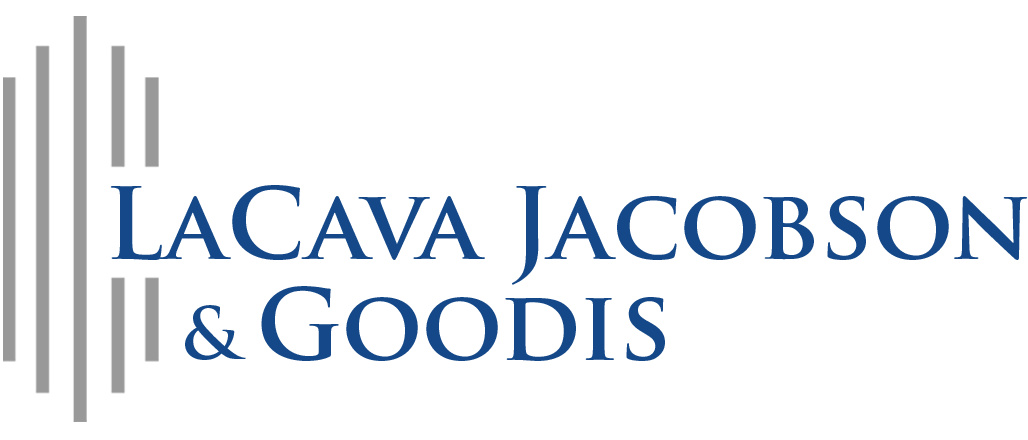Florida Law Weekly – January 2, 2015
Duong v. Ziadie, (4th DCA) – In this medical malpractice case, the Court addressed the adequacy of a proposal for settlement in a medical malpractice wrongful death claim that was brought by the Plaintiff acting in her capacity as guardian of her adult son who was rendered incapacitated. Plaintiff sought damages for her son’s pain and suffering as well as for the damages suffered by the son’s two minor children. The claims were brought against the son’s physician, the physician’s employer and other Defendants. A proposal for settlement was made to the physician only in the amount of $1,000,000 on behalf of the guardian and the two minor children, dividing the amounts to be paid to each.
The proposal was not accepted and the jury returned a verdict well in access of the proposal for settlement. The Plaintiff moved for attorney’s fees and the physician argued that the proposal itself was ambiguous. Specifically, the physician argued that an offer requiring acceptance of all three Plaintiffs’ claims deprived him of the ability to evaluate each claim individually as required by the Florida Rules of Civil Procedure. The Trial Court granted the motion, concluding that the offer was not ambiguous. The Duong Court agreed, opining that in this context, the “all or nothing” proposal was appropriate. The Duong Court specifically found that because the proposal broke down what part of the million dollar settlement would be paid to each of the claimants, the physician could evaluate each claim separately and determine both the reasonableness of the offer and the likelihood that the Plaintiffs would obtain, as to each claim, a verdict that would result in the enforcement of the proposal. The The Duong Court also held that there is no obligation each individual Plaintiff or claimant to make individual offers to the physician because imposing such a requirement could result in the settlement of the main claim and not the consortium claims.
Paduru v. Klinkenberg, (1st DCA)- This case involved an automobile accident with claims brought by the Plaintiff against the driver and owner of the at-fault vehicle. The Plaintiff filed a proposal for settlement naming the driver only, which provided that the Plaintiff would dismiss the case against both Defendants after the proposed amount was paid by the owner and/or his insurer. No proposal was specifically made to the owner of the at fault vehicle. The proposal was not responded to and following trial, the jury returned a verdict for the Plaintiff in an amount well above the amount offered in the proposal for settlement. Plaintiff then moved for an award of attorney’s fees and costs and in response, the driver argued that the proposal was invalid because it was unclear as to who would be released from liability and which claims would be dismissed upon payment. Additionally, the driver argued that the proposal contained a settlement condition over which she had no control.
While the Trial Court found the proposal to be valid, the Paduru Court disagreed. In doing so, the Paduru Court referred to Attorney’s Title Insurance Fund v. Gorka, 36 So.3d 646 (Fla. 2010), where the Florida Supreme Court held that a proposal for settlement must be structured in such a way so that the party to whom the offer was made can independently evaluate and settle his/her respective claim irrespective of another party’s decision. In doing so, the Paduru Court held that the proposal filed by the Plaintiff was invalid because it was predicated upon payment of the settlement by someone other than the party to whom the proposal was directed.



 litigation and appeals in all Florida state and federal courts.
litigation and appeals in all Florida state and federal courts.